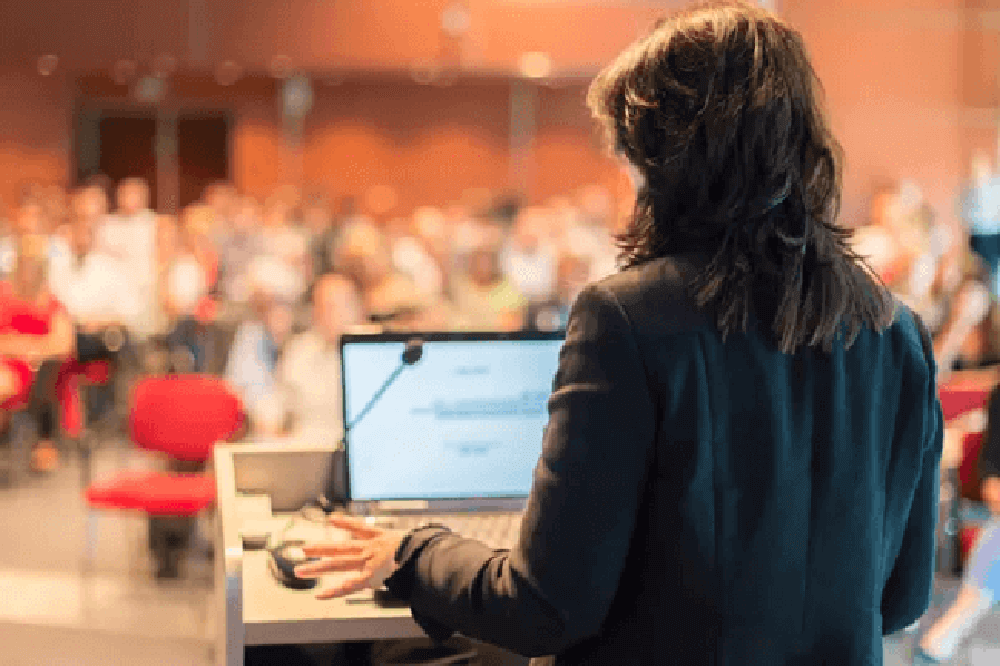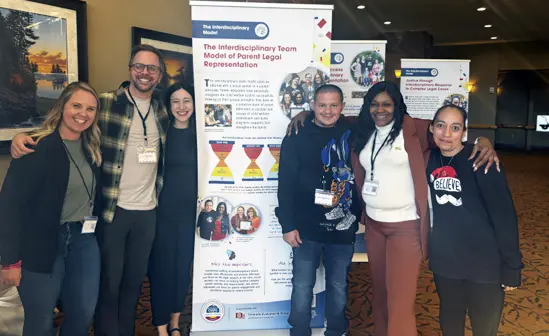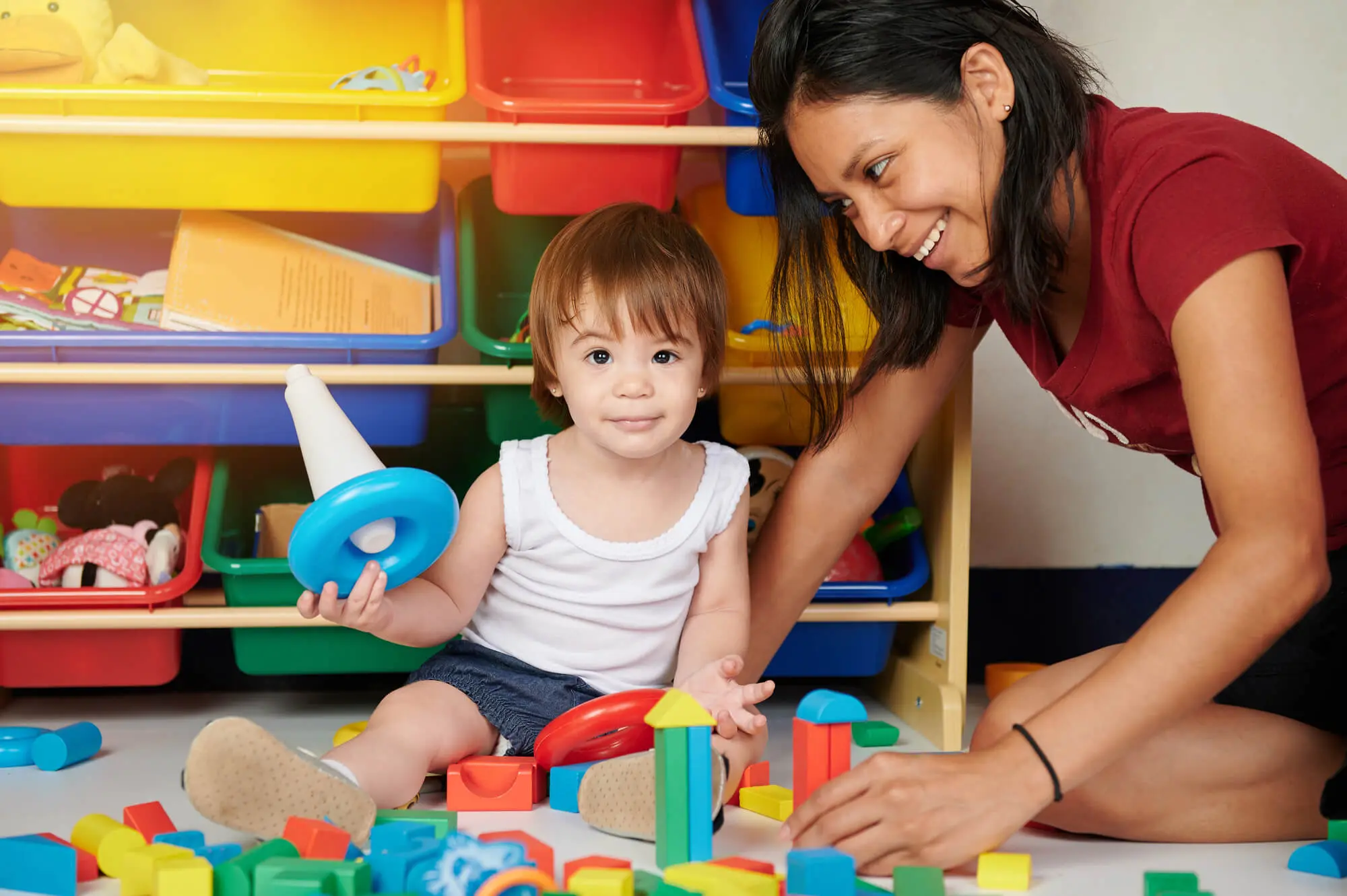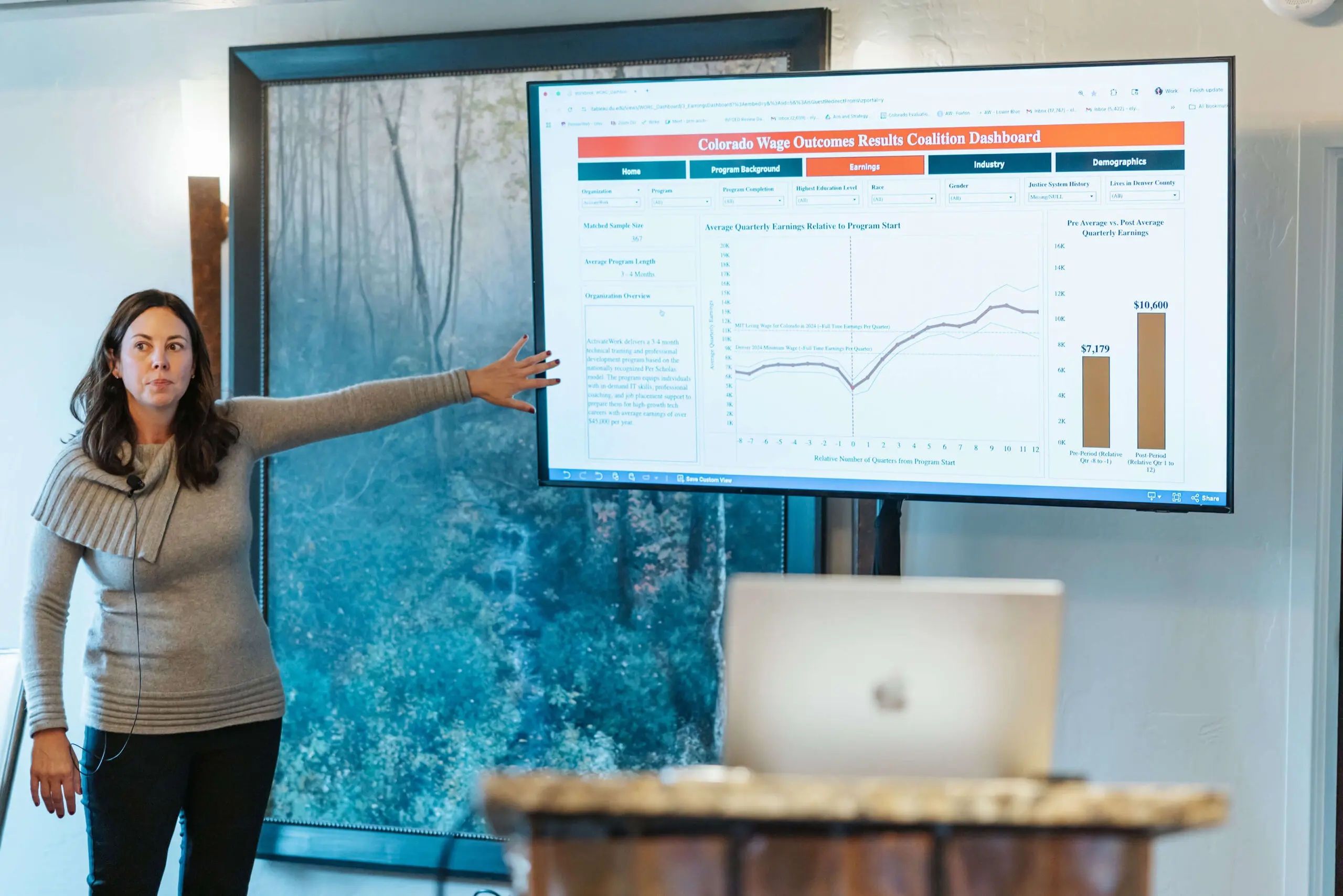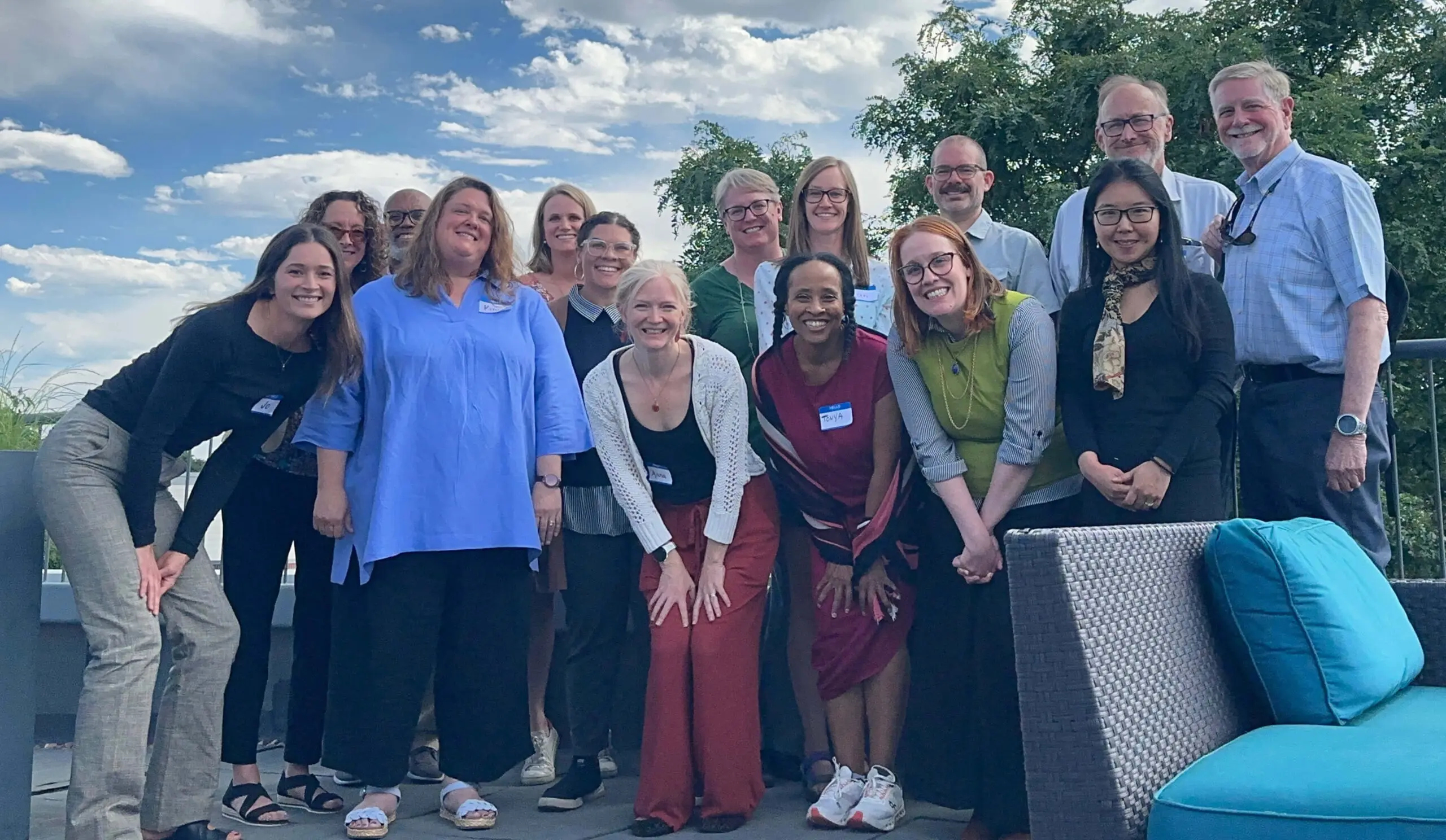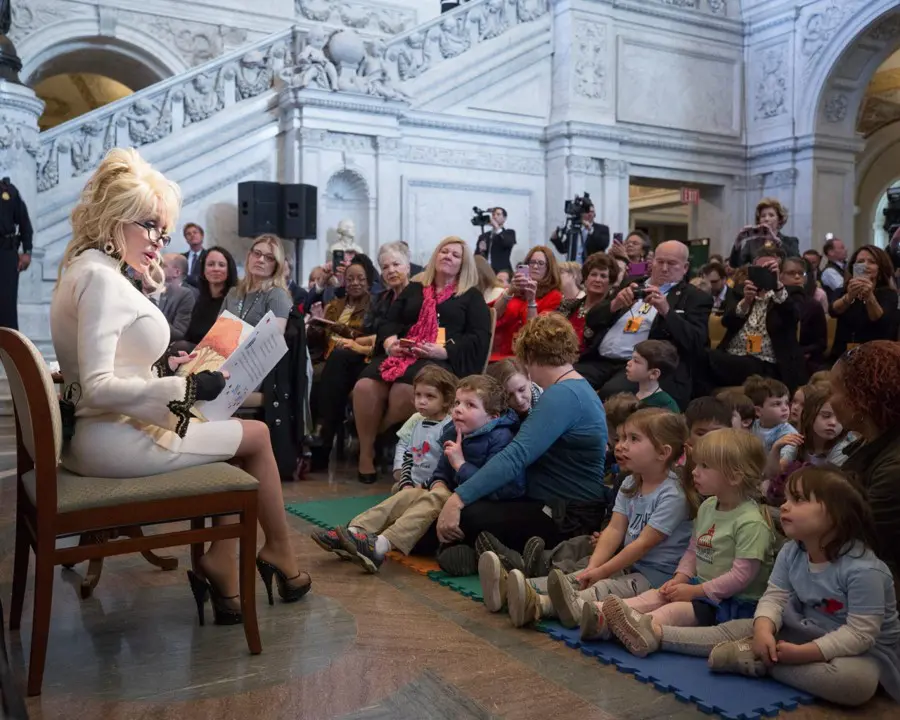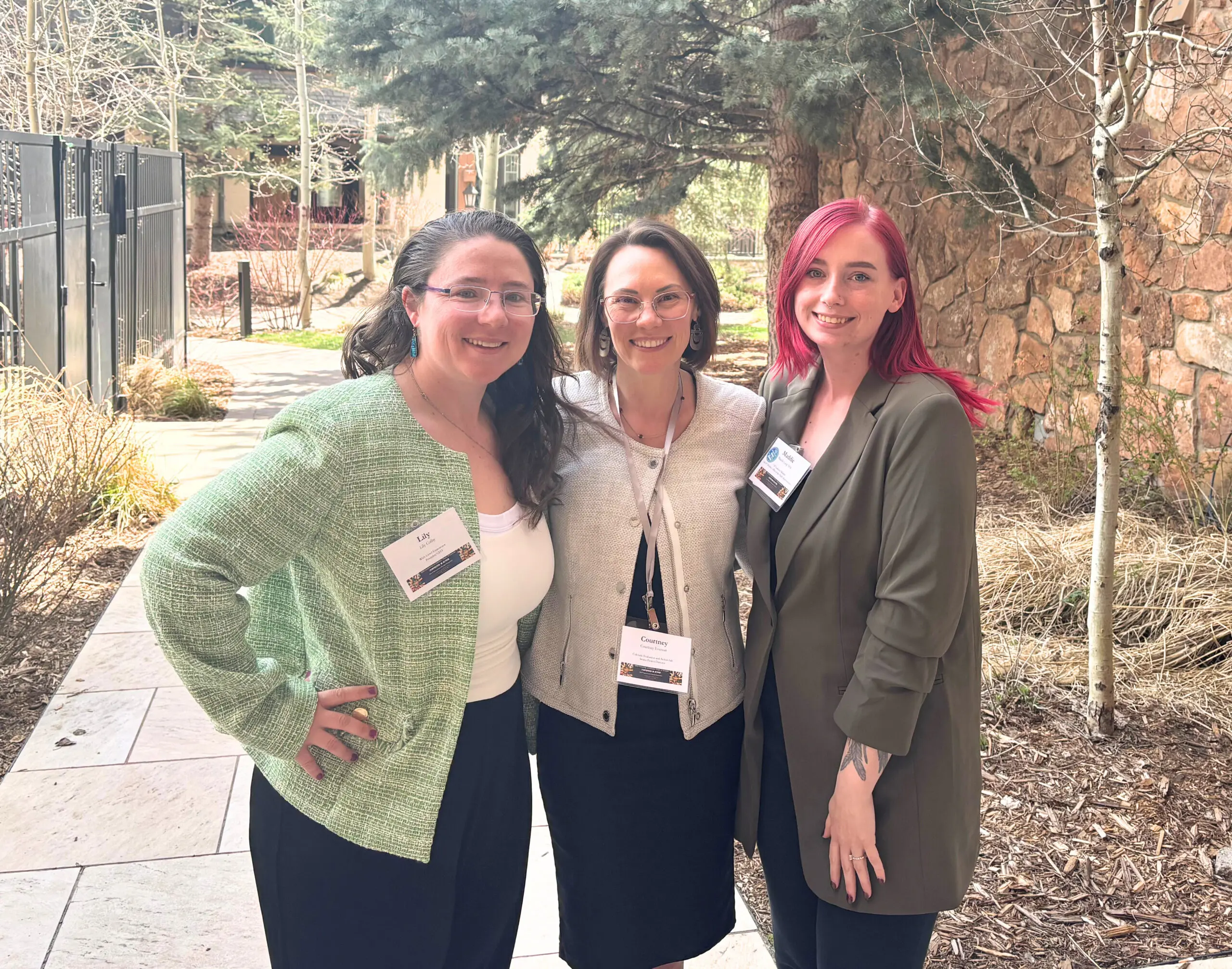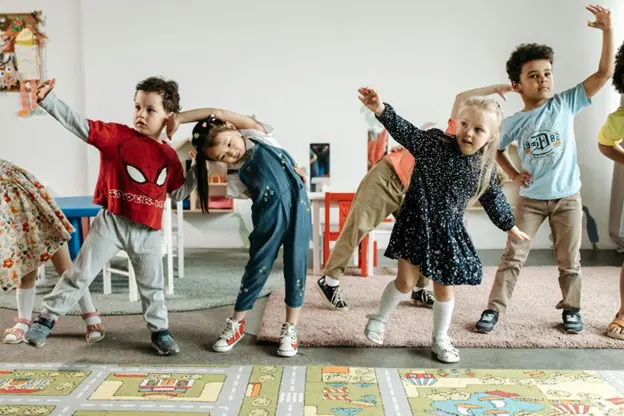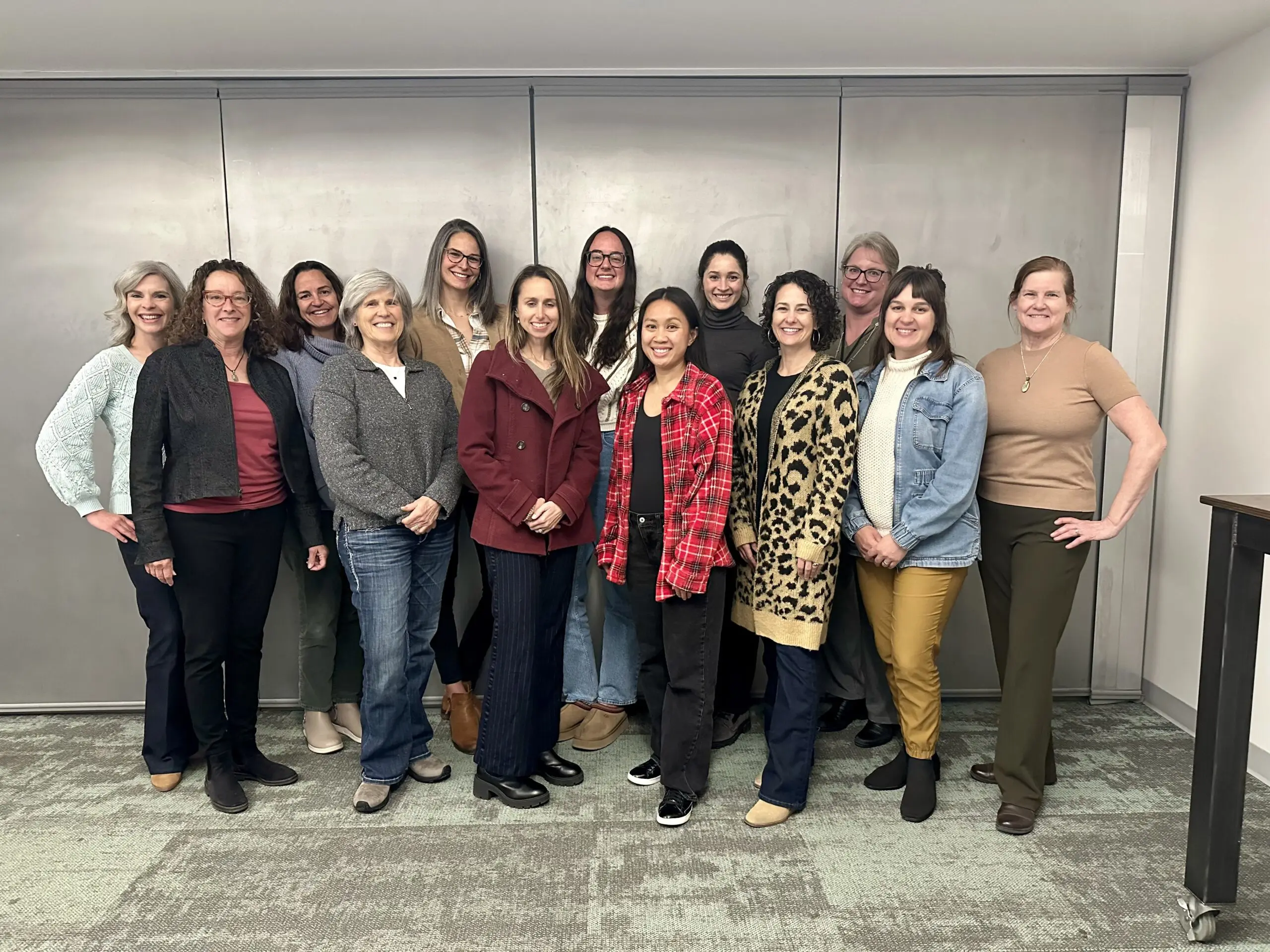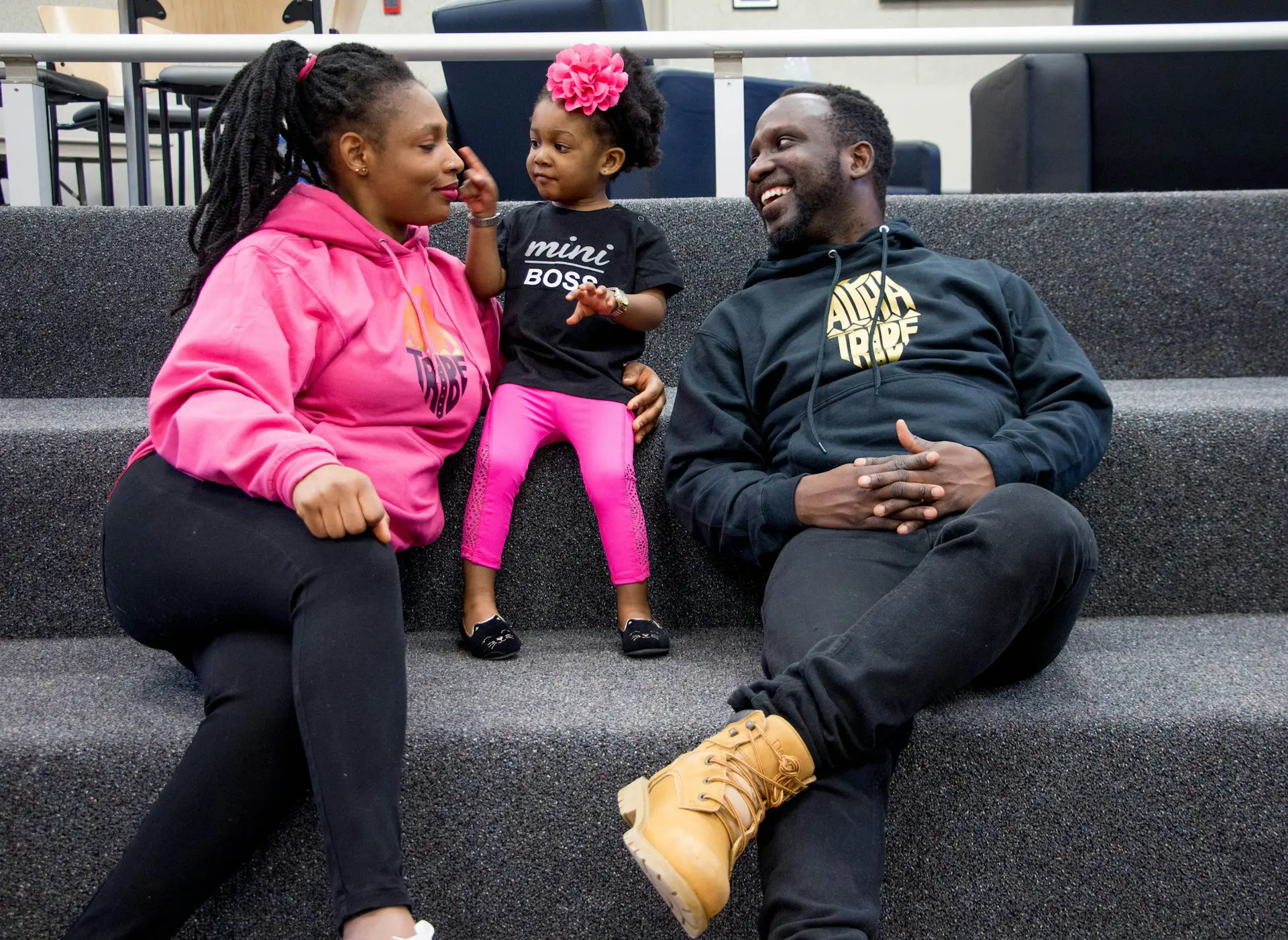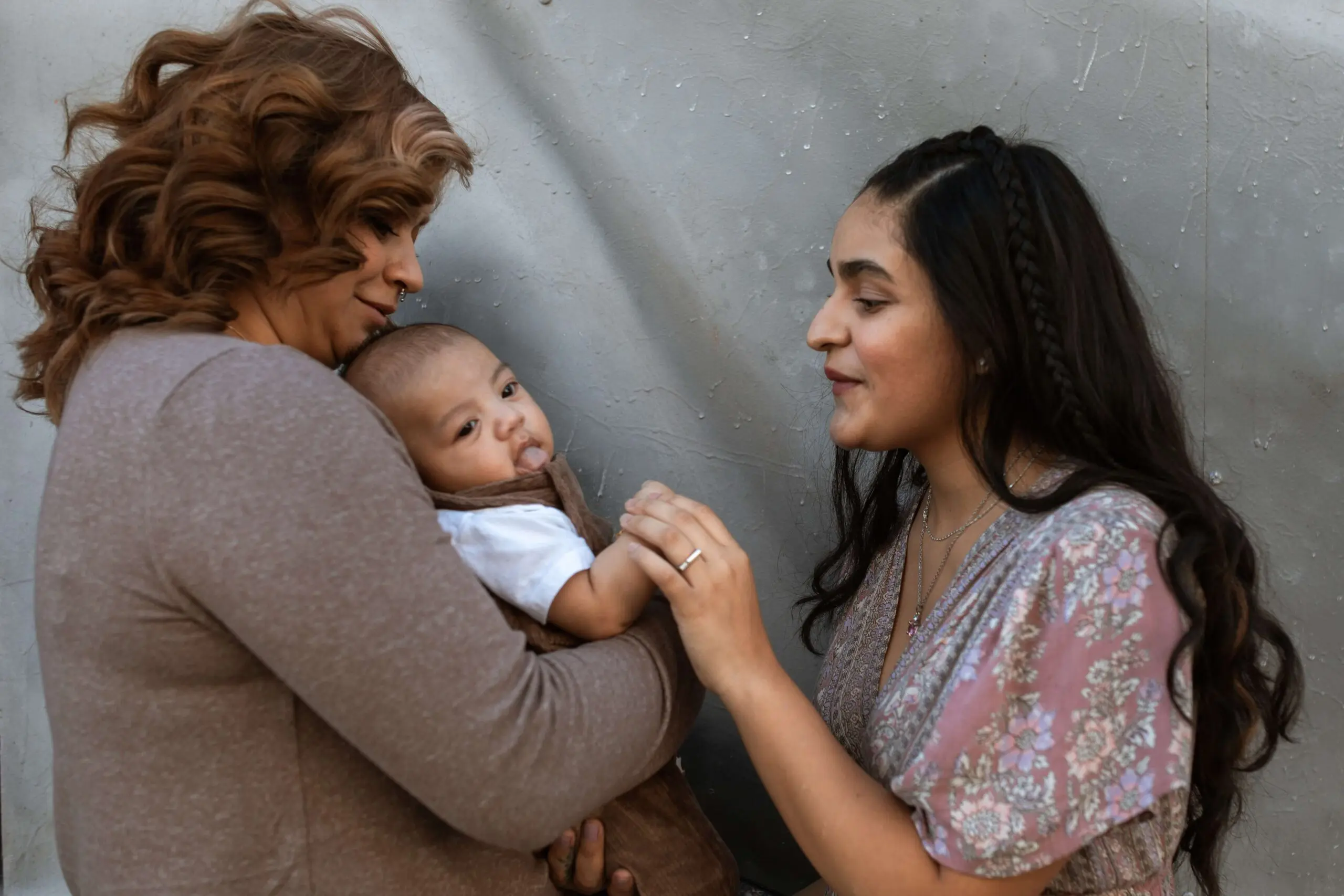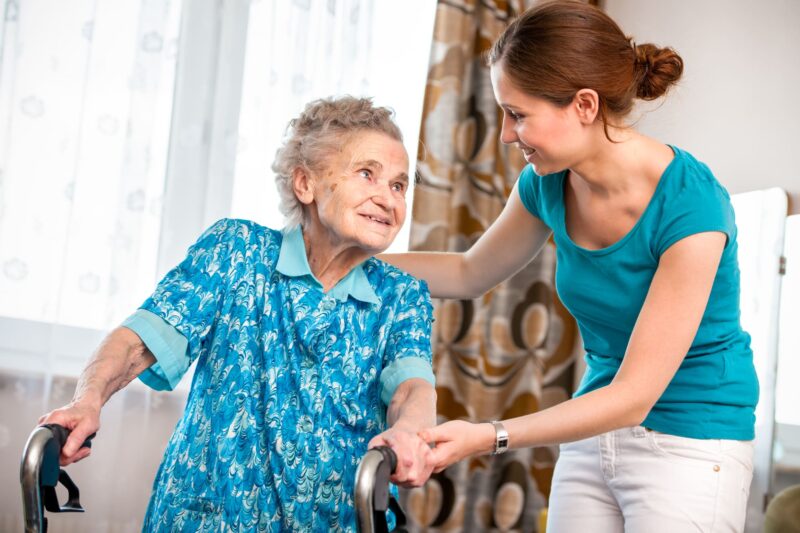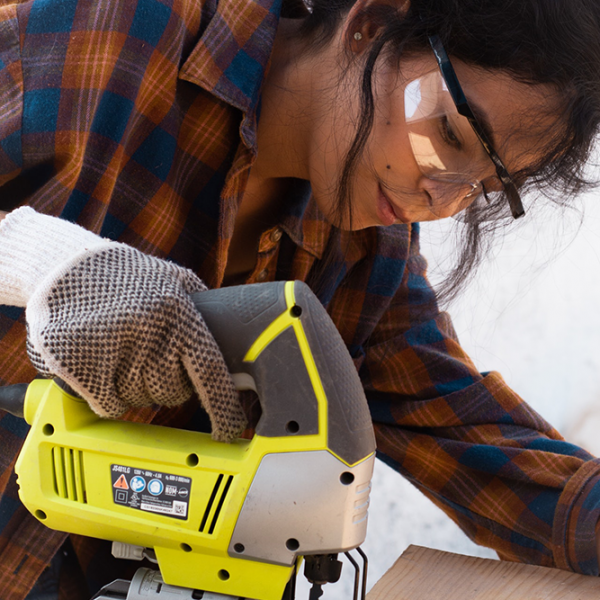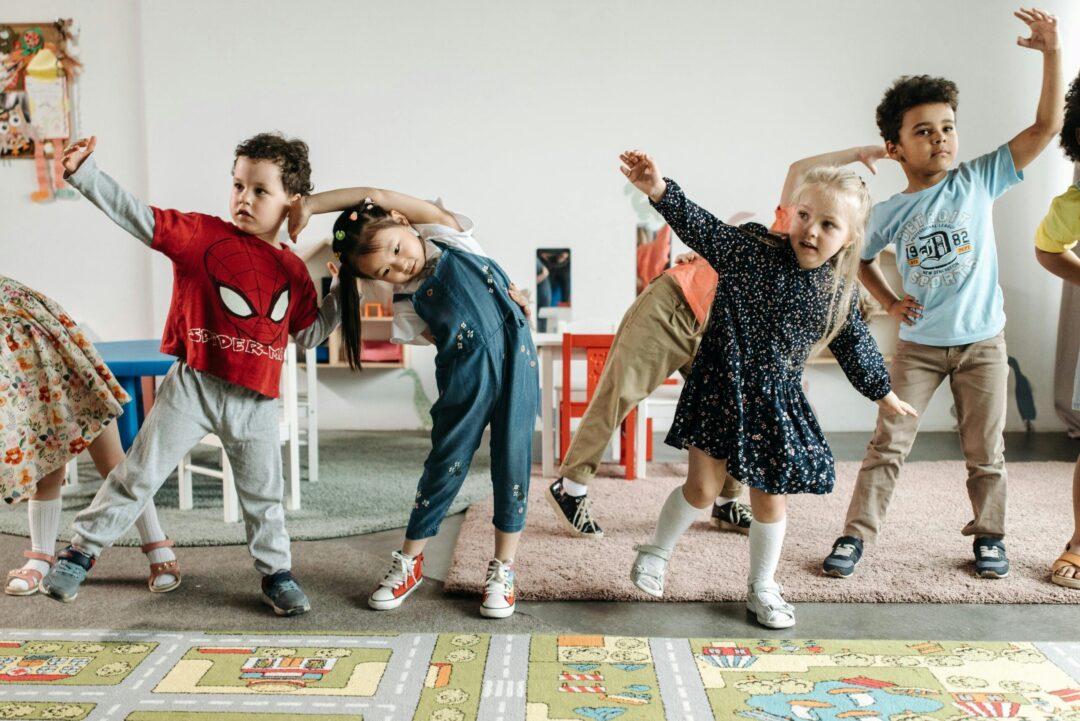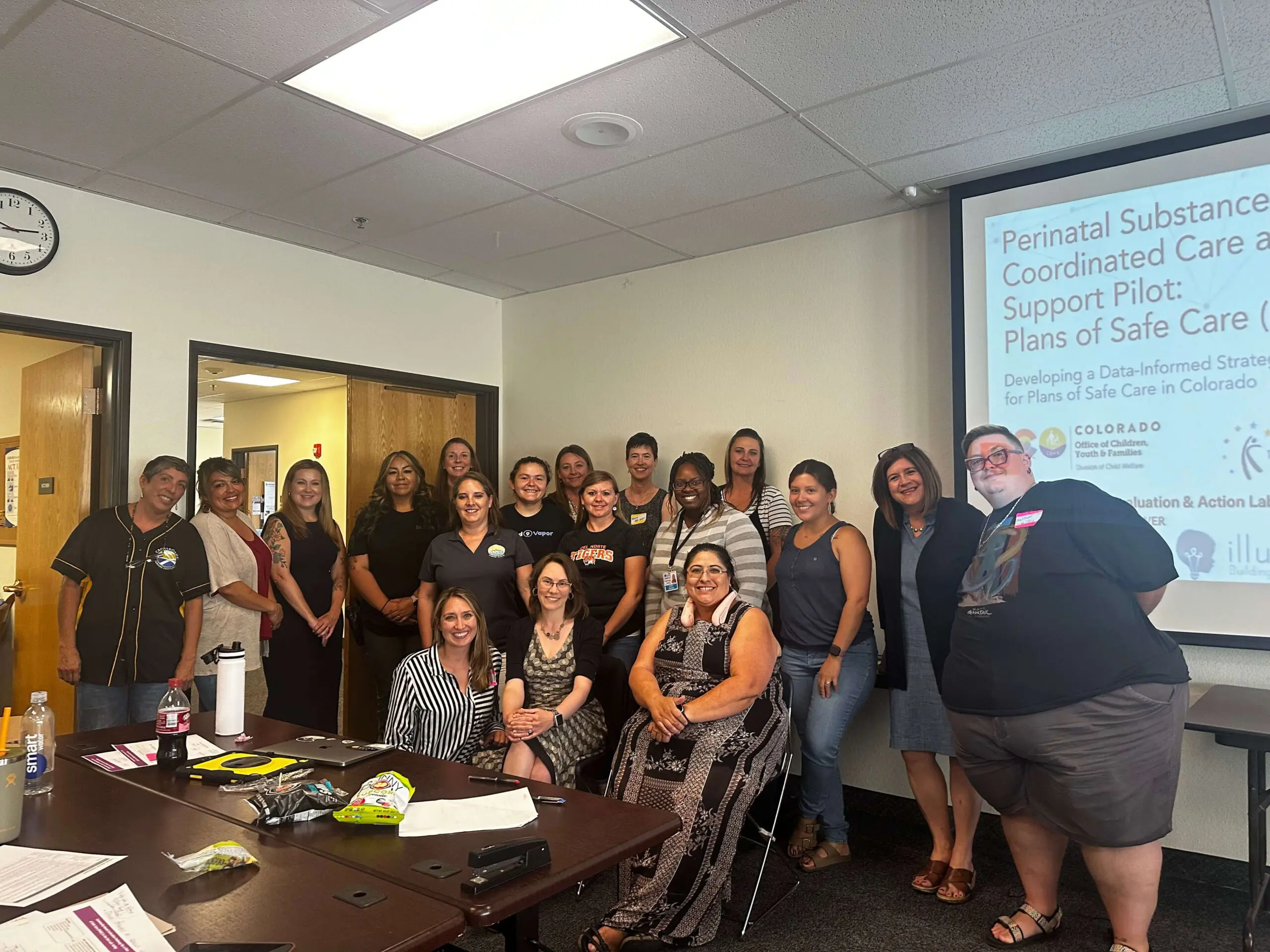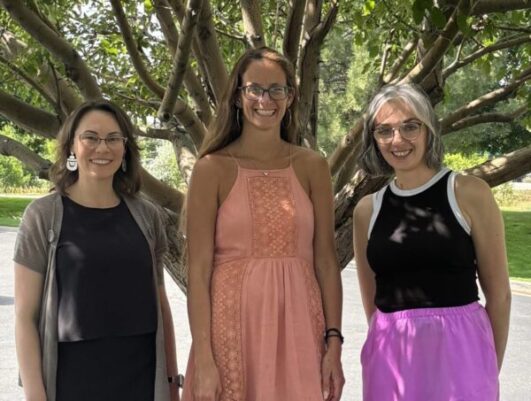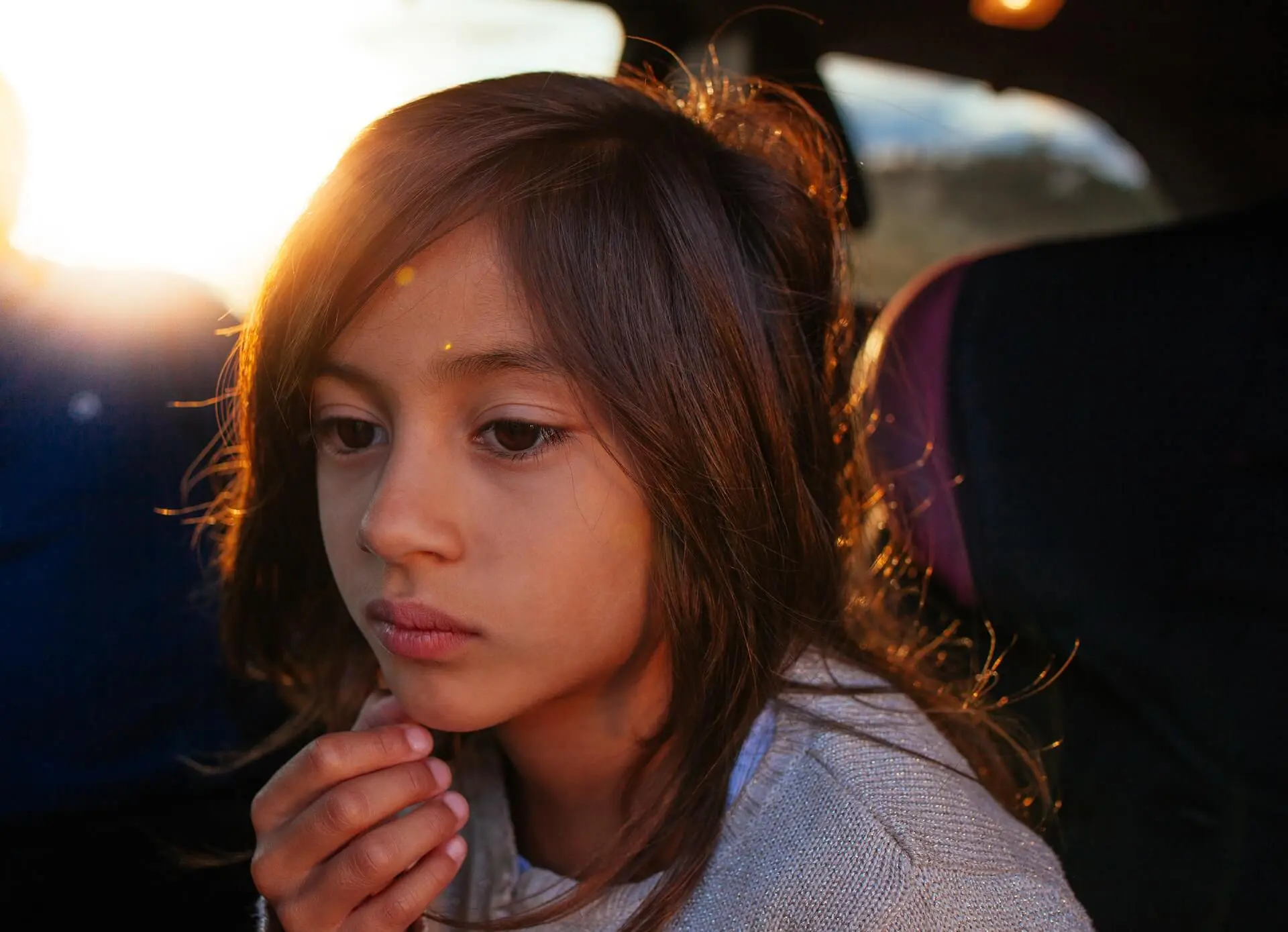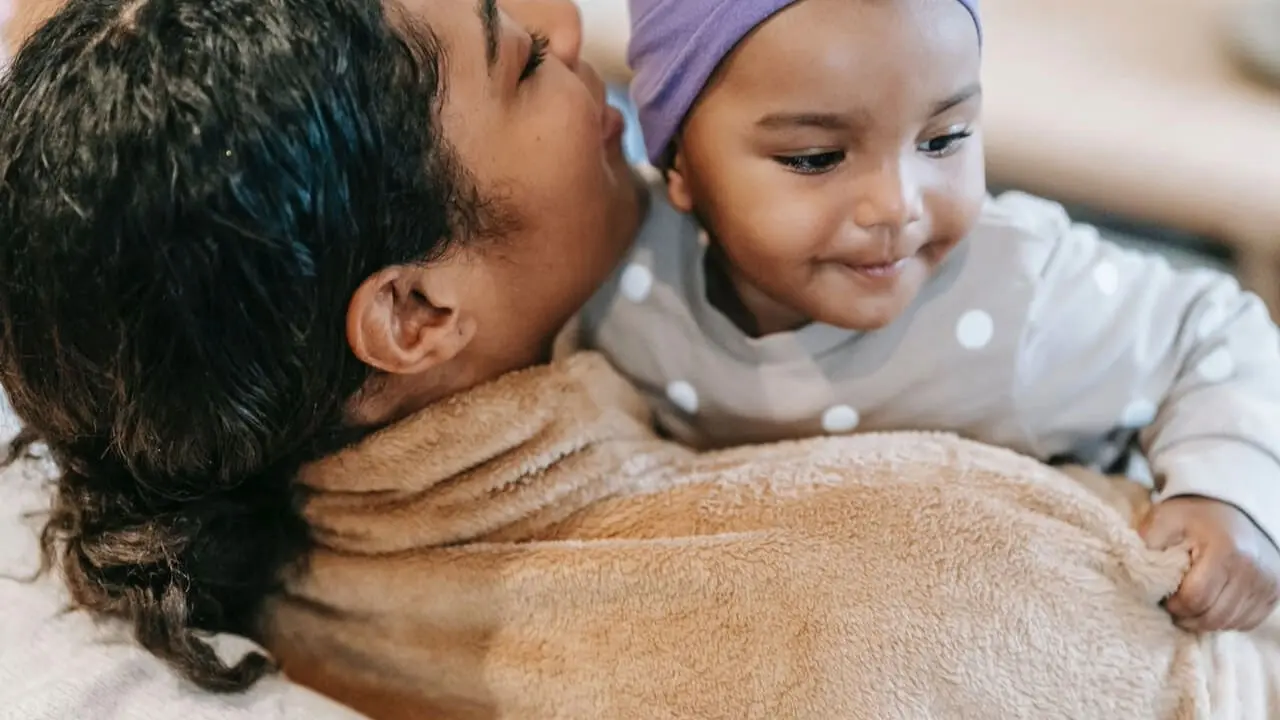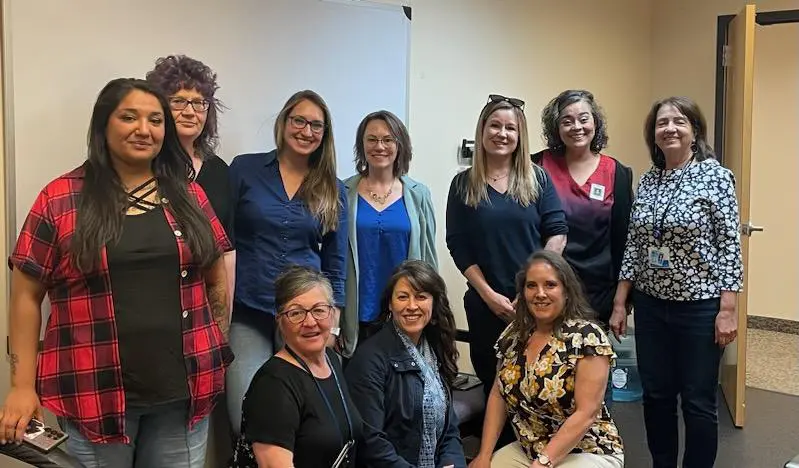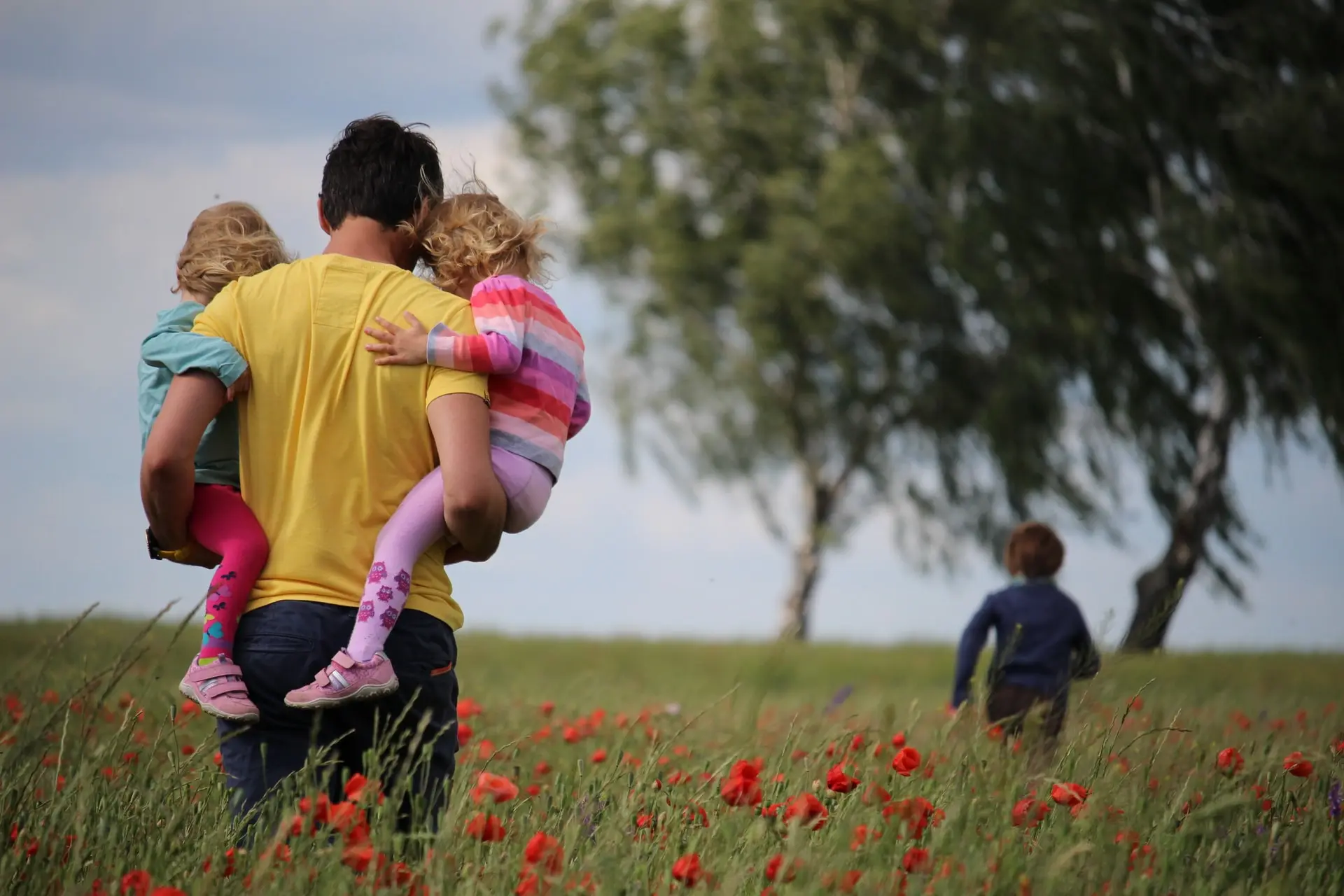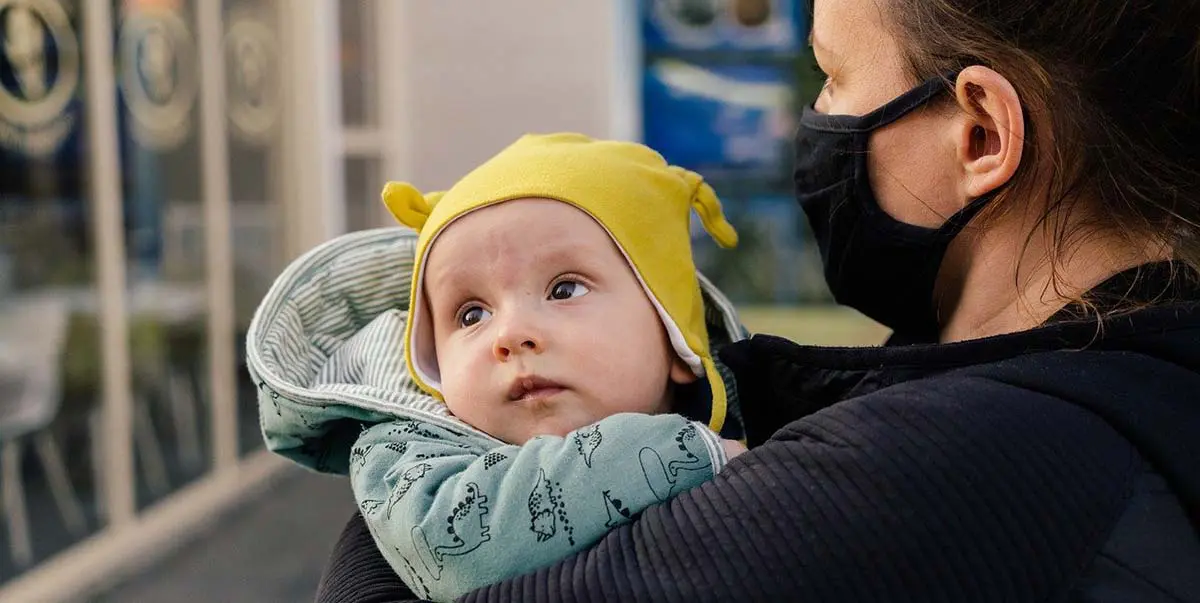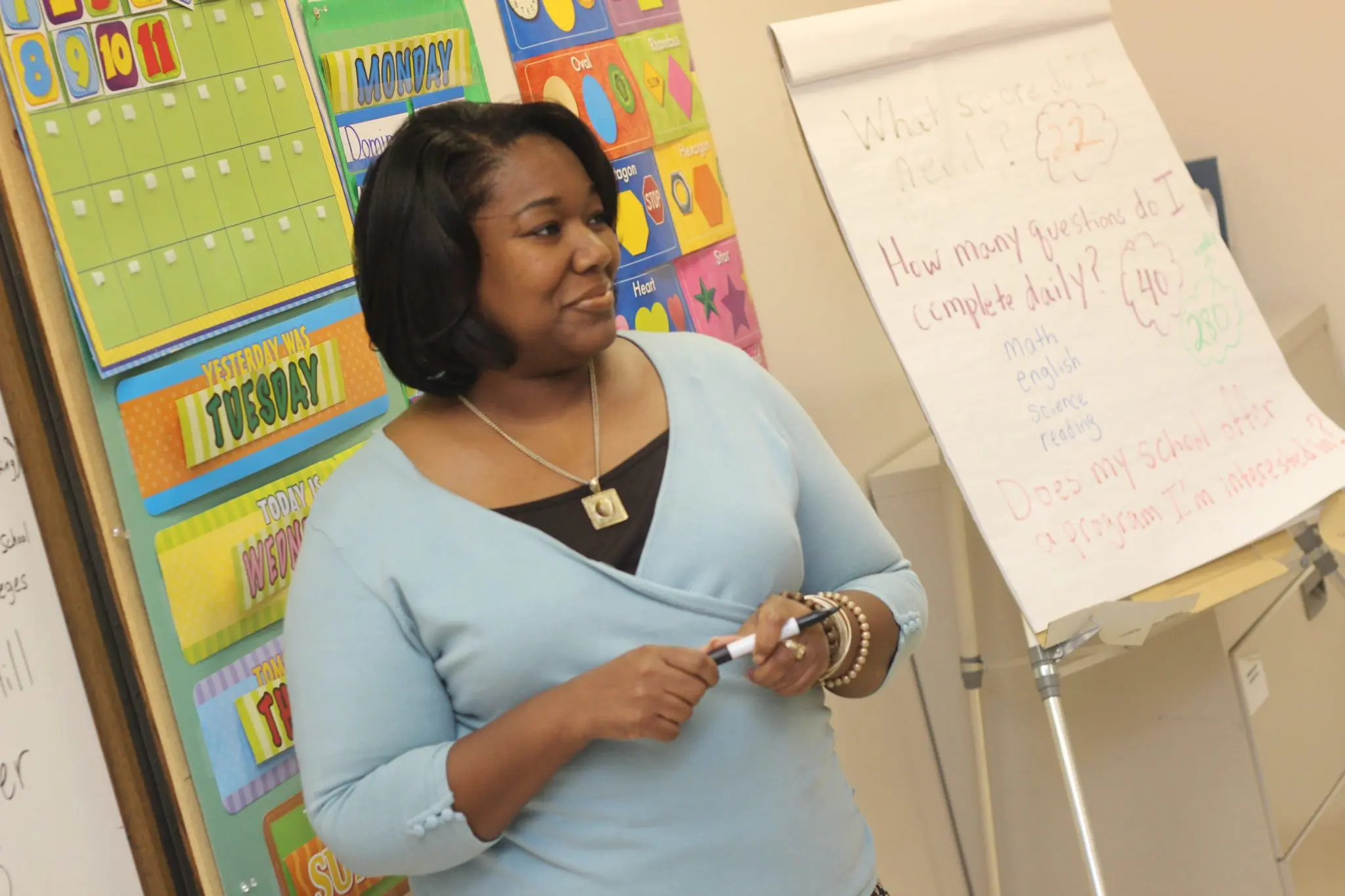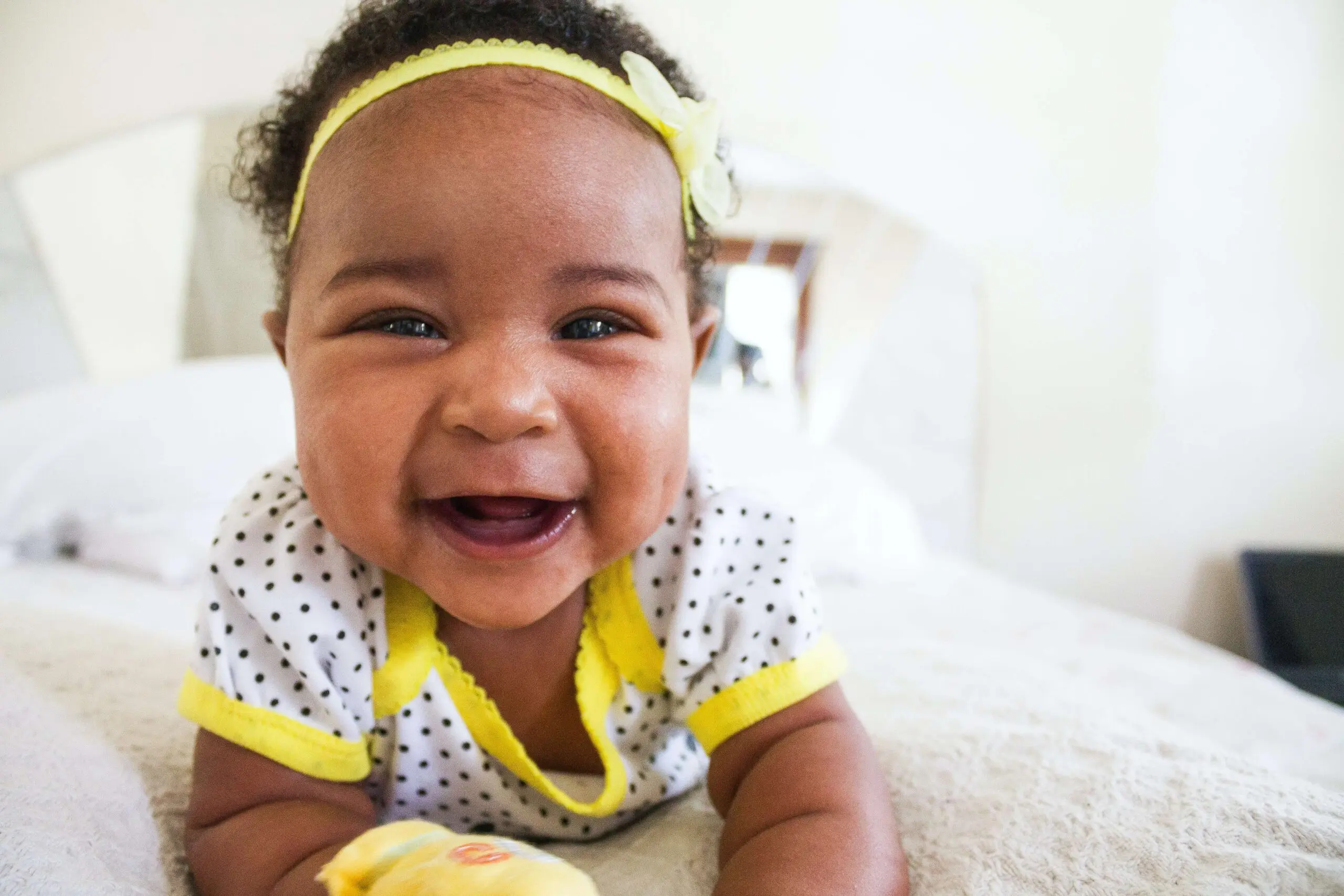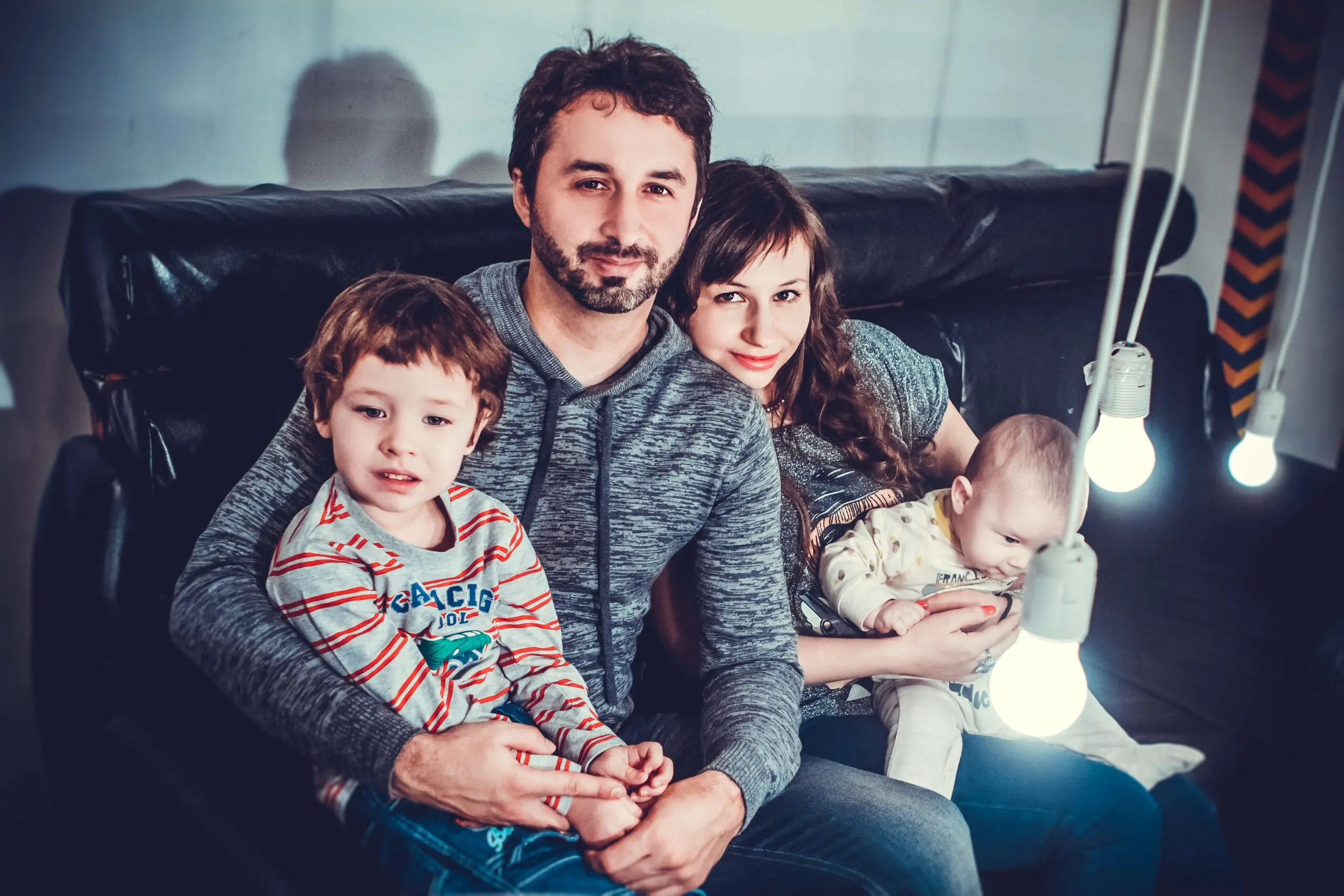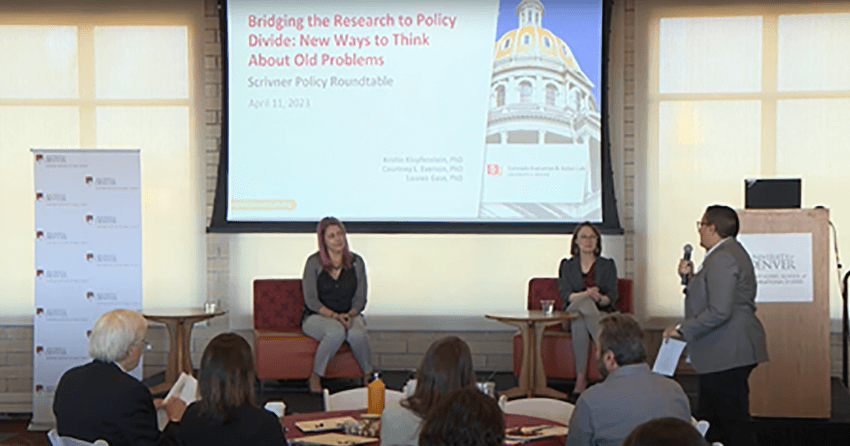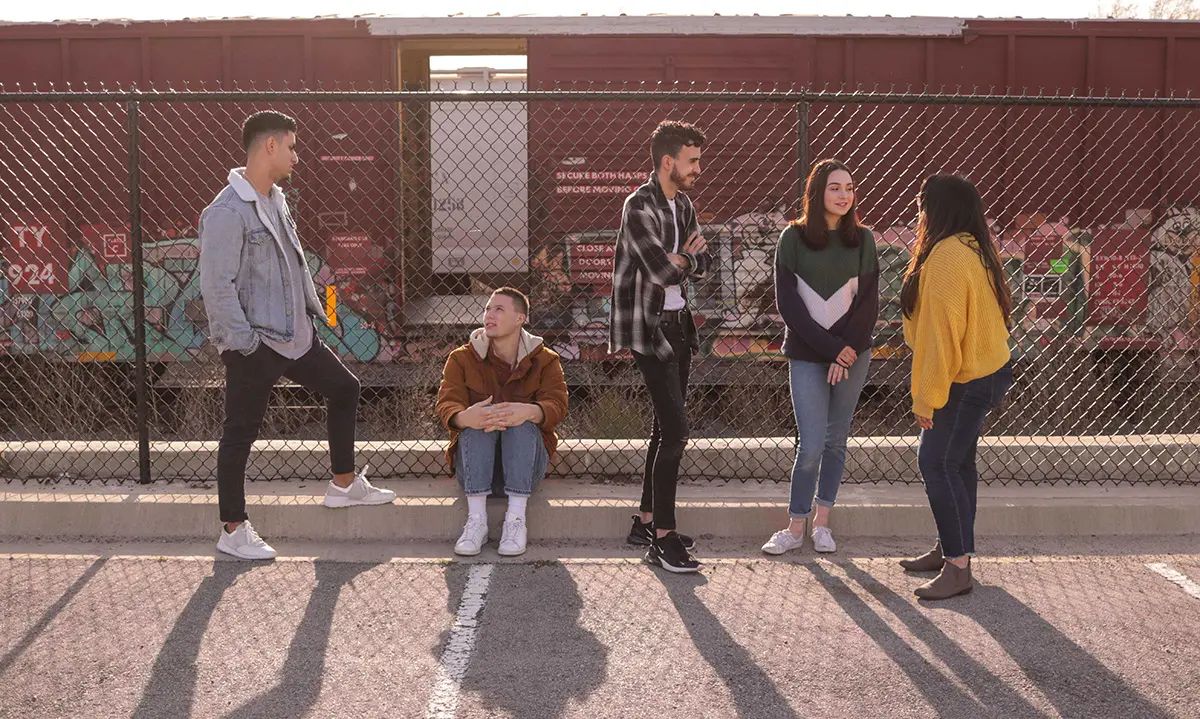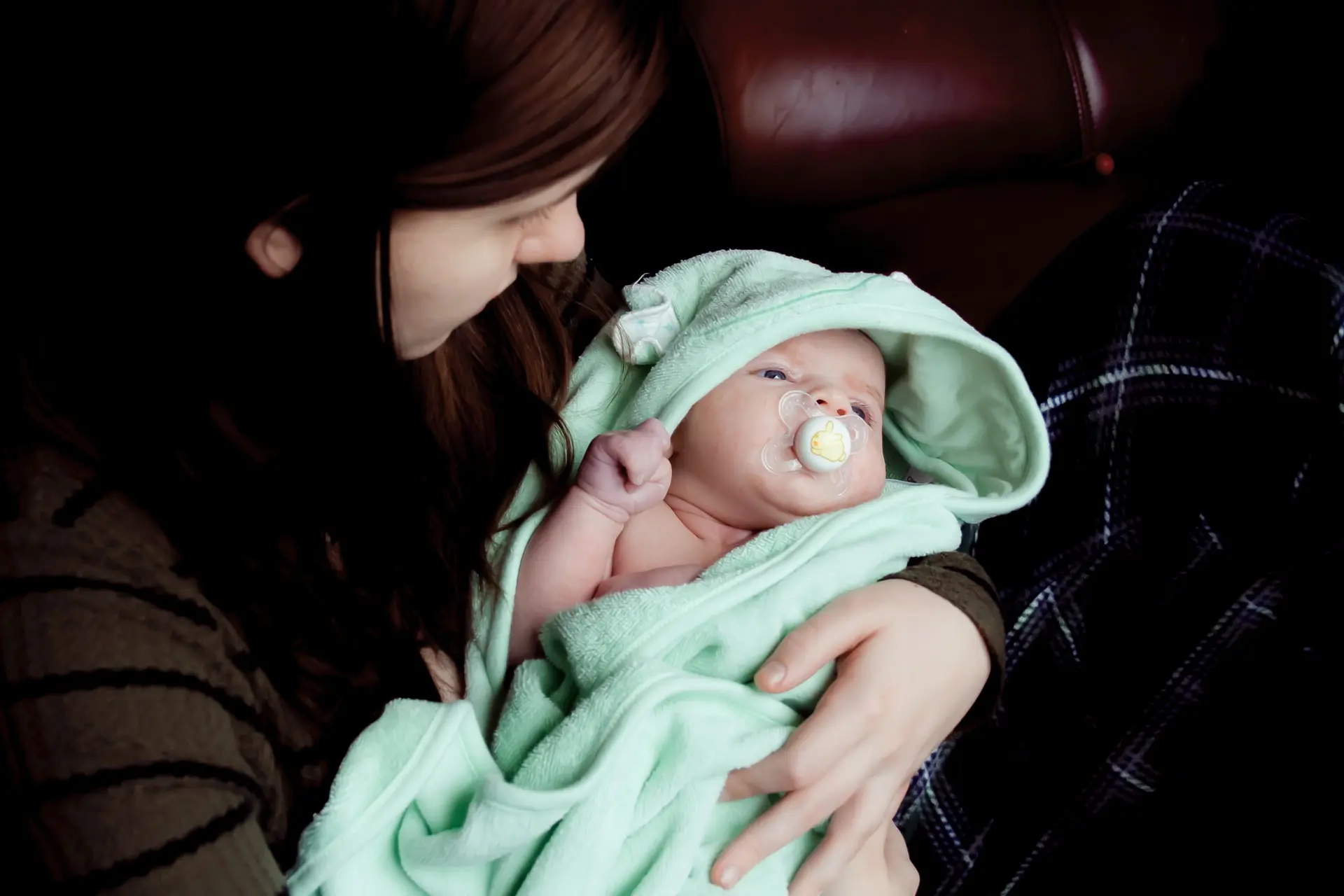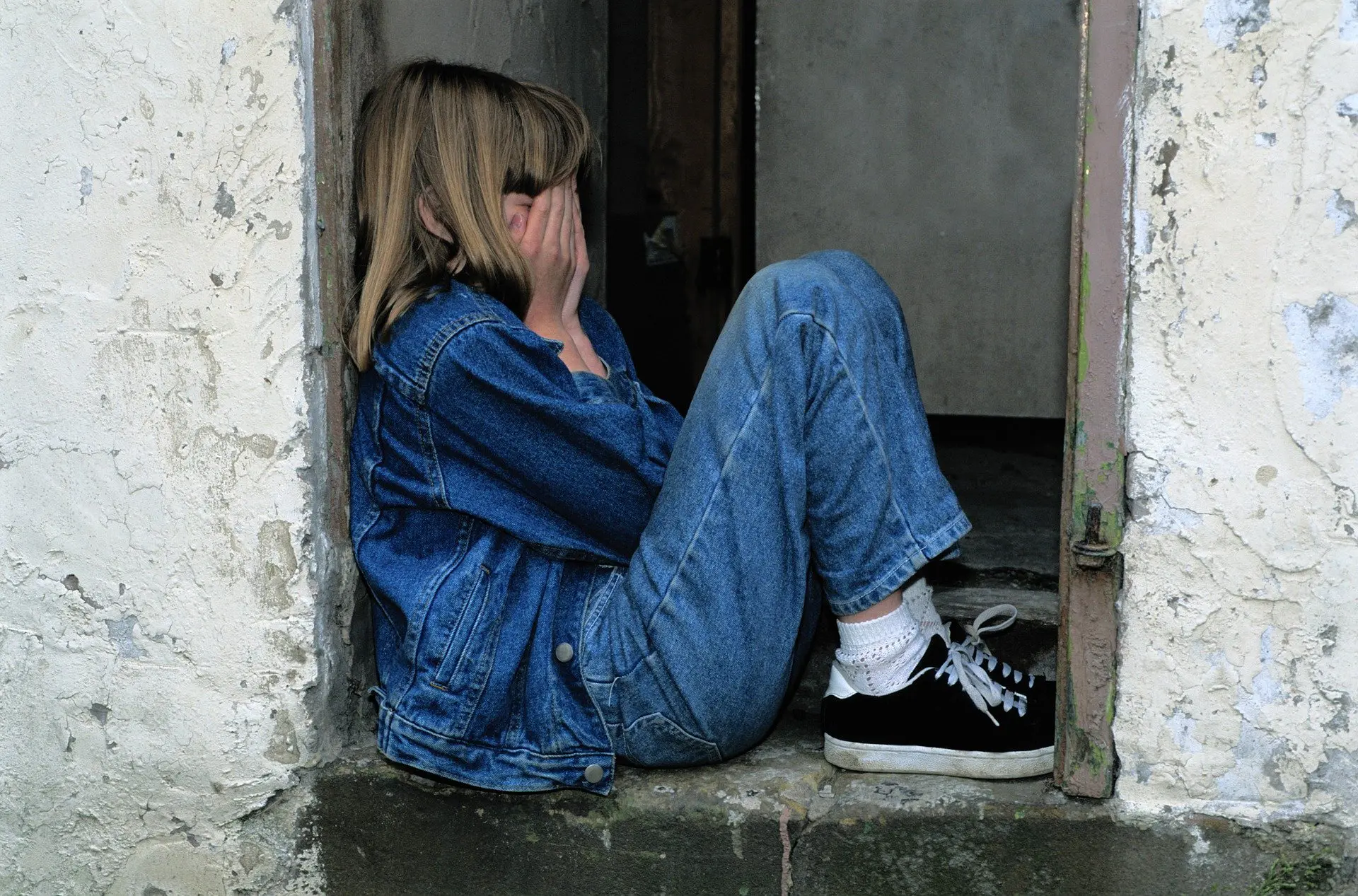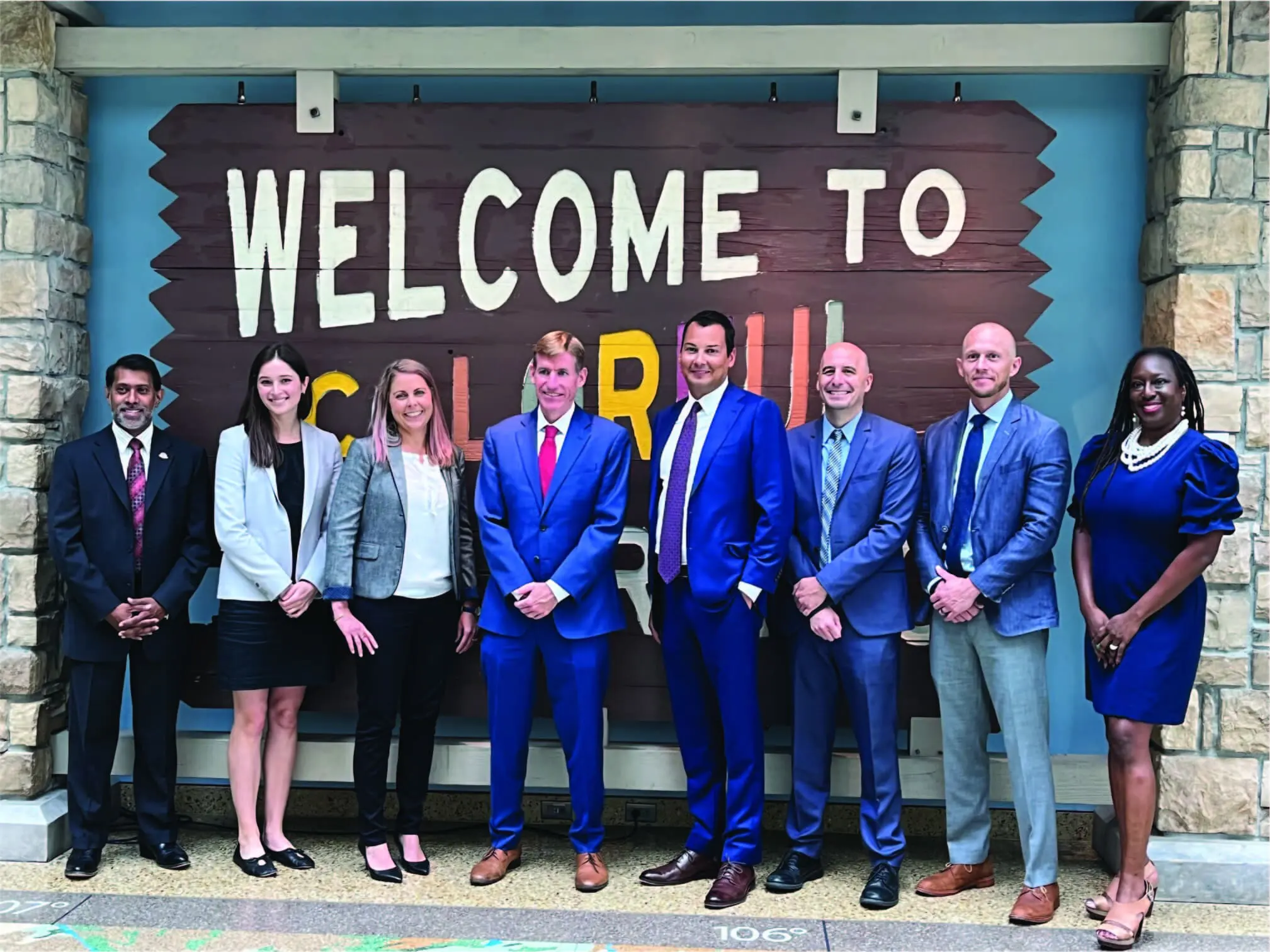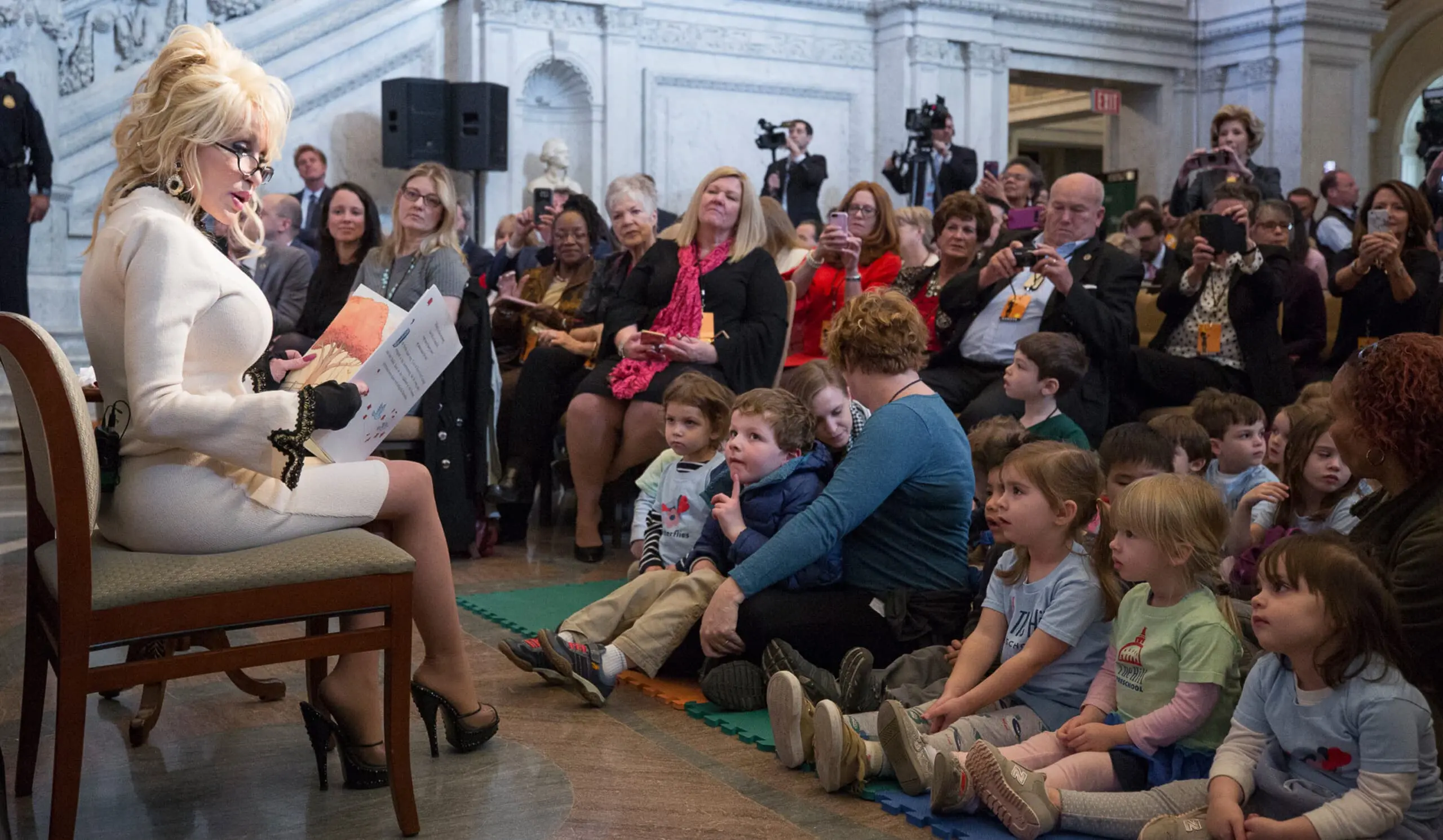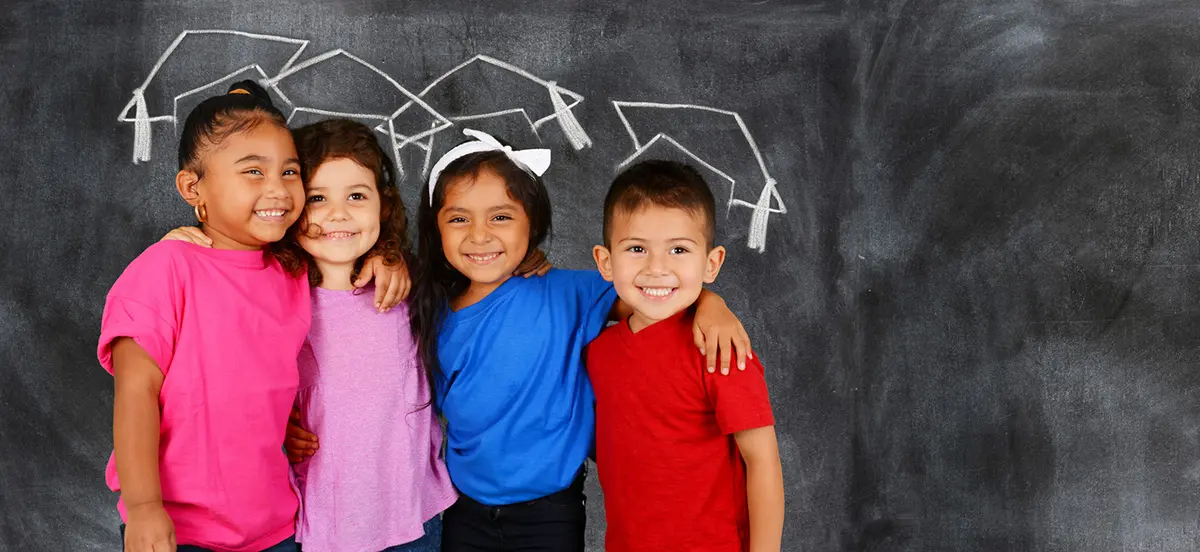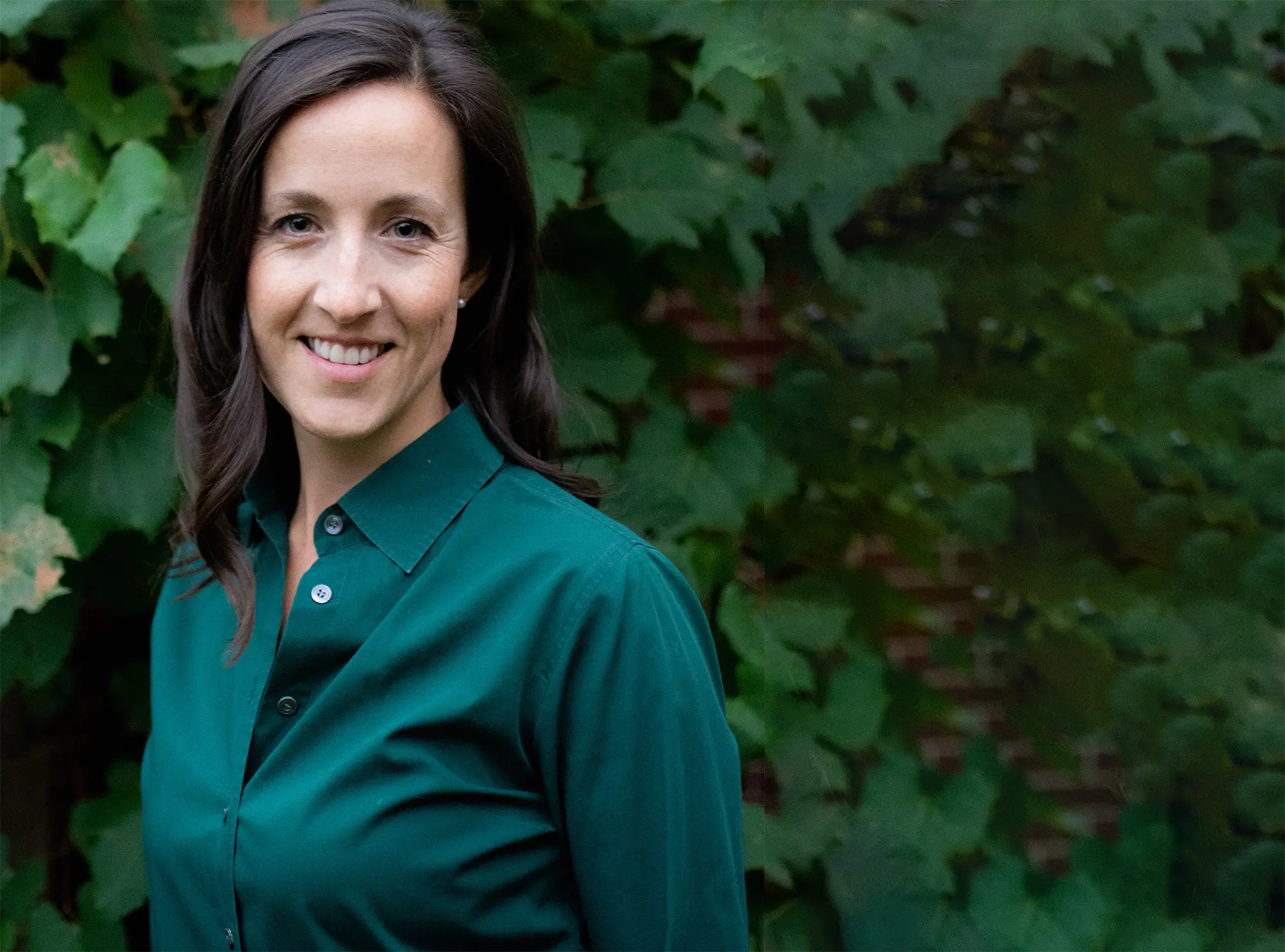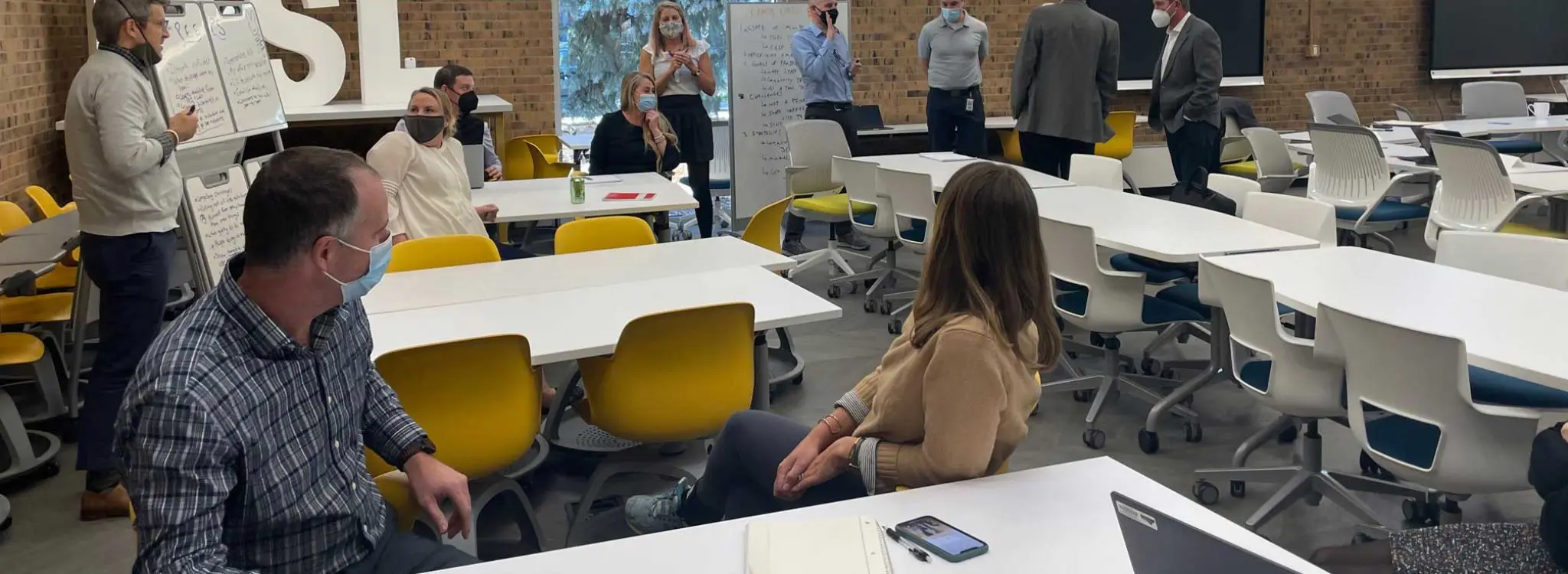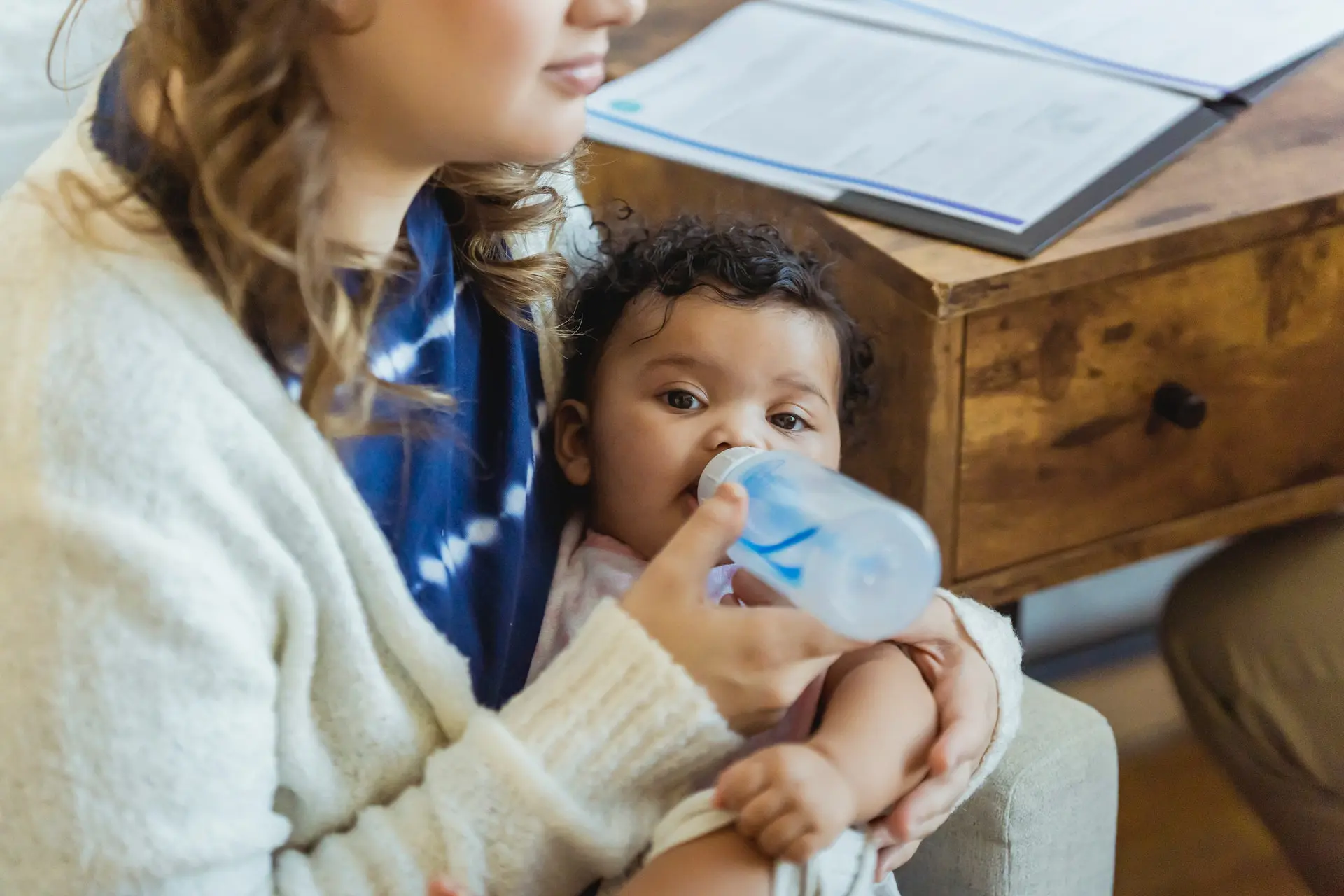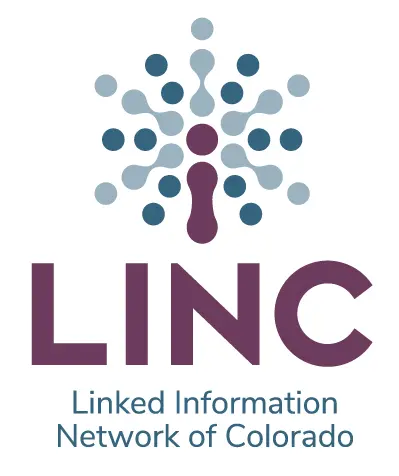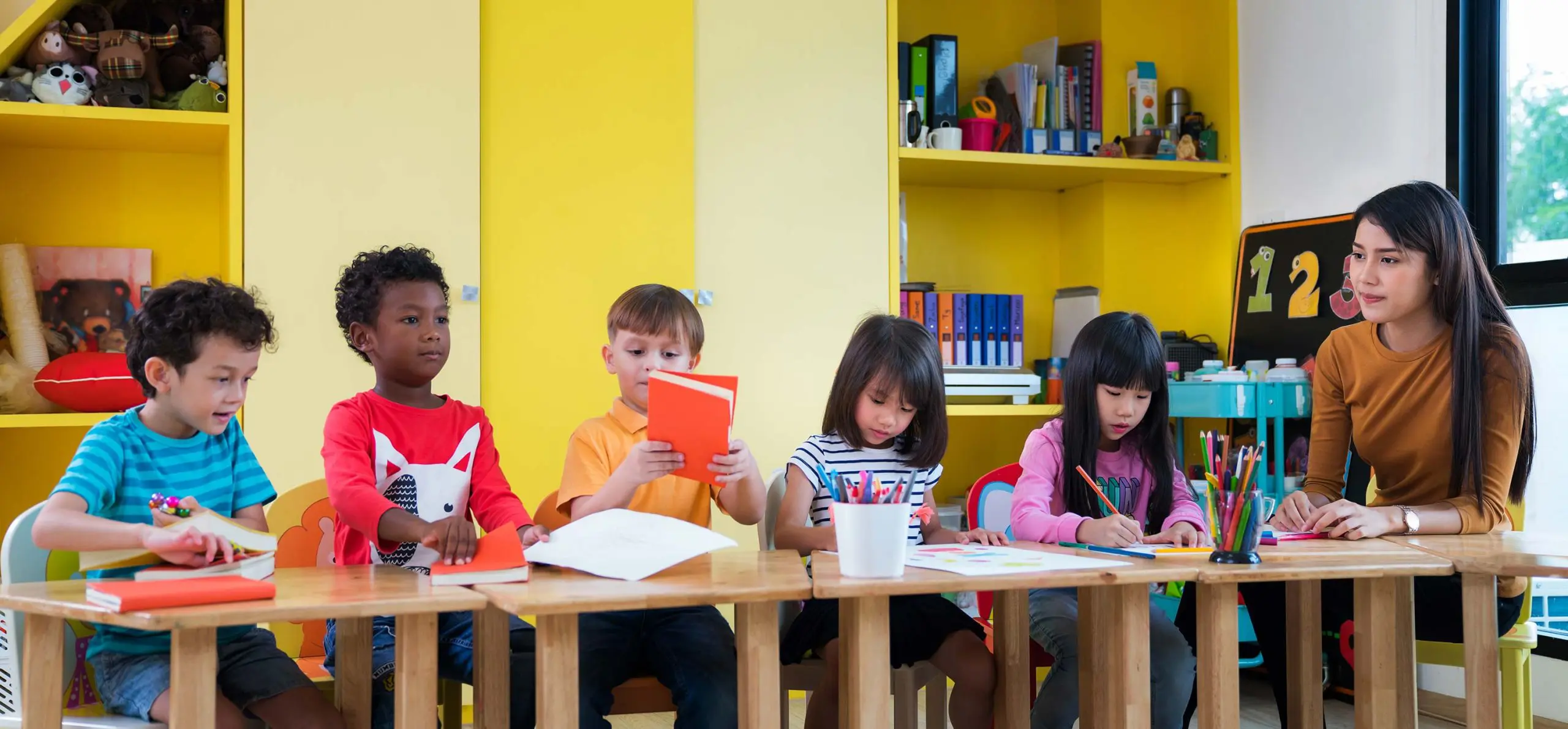New Projects Underway at the Colorado Lab

In this month’s newsletter we highlight several new projects underway at the Colorado Lab. We value the opportunity to work with each partner, meeting them where they are, listening carefully to their needs and insights, and supporting them in obtaining the best available evidence to innovate, achieve goals, and use their resources wisely.
We wish all of our partners, colleagues, and supporters a joyful holiday season and all the best in the new year!
Evidence-Based Decision Making
Colorado House Bill (HB) 24-1428 mandates that state agencies include evidence on the effectiveness of a program or practice in a budget request. This includes identifying the best available research evidence about the program or practice, explaining how that evidence is connected to the budget request, and any plans to evaluate the program or practice to build evidence regarding its effectiveness. The Colorado Lab is partnering with three state agencies on new efforts that aim to grow their capacity to identify where their programs and practices are on the Steps to Building Evidence and strengthen their use of evidence in the policy and budgeting process.
- Colorado Department of Human Services (CDHS): We are creating a program inventory to determine which initiatives within four divisions in CDHS are programs or practices under HB24-1428. Using this inventory, we will support CDHS in determining where the identified key programs and practices are on the Steps to Building Evidence and identify appropriate evidence designations.
- Division of Housing (DOH), Department of Local Affairs: We are supporting DOH in establishing the evidence portfolio process for programs across their division and sustaining the work over time. As a long-time champion of building evidence to improve program effectiveness and reach, this project will equip DOH with the knowledge and tools to strengthen their evidence-based approach to budgeting and program implementation.
- Colorado Department of Early Childhood (CDEC): Our evidence-based decision making-focused work with CDEC continues as we map each program to its respective place(s) on the organizational theory of change (TOC), identify indicators of success for the main elements of the TOC, and develop processes for measuring those indicators. These efforts will support CDEC in measuring progress toward the outcomes identified in the TOC, both for internal learning and for external accountability.
To learn more, please contact Dr. Kristin Klopfenstein.
Office of the Child Protection Ombudsman
We are partnering with the Office of the Child Protection Ombudsman (CPO) to support them in developing systems and processes that enhance their ability to track and evaluate the current status of and systematic challenges to protections and rights afforded to Colorado’s children and youth. The goal is to ensure CPO is well positioned to regularly examine and meaningfully report on data about client demographics, agencies involved in complaints, alleged law and regulatory violations, practice concerns, and final CPO case outcomes to inform education and recommendations to decision makers, child protection professionals, families, and the public.
To learn more, please contact Dr. Kristin Klopfenstein.
Building Evidence for Solutions to Health Effects of Homelessness
This new project will grow the evidence base for solutions to the profound health effects related to the experience of homelessness. Compared to people in the U.S. who are stably housed, those who experience homelessness die on average 30 years earlier and have an increased risk of substance use disorders and HIV. While there are evidence-based solutions that improve health outcomes for people experiencing homelessness, they are not universally implemented. With a grant from the the National Institute on Drug Abuse to the University of Colorado Anschutz Medical Campus, the Colorado Lab is supporting researchers at the School of Medicine (Principal Investigator: Joshua Barocas, MD) and across the country in the development and testing of models that simulate how housing-centered approaches and service-related interventions can improve health outcomes and reduce racial/ethnic disparities in HIV, overdose, and life expectancy among individuals experiencing homelessness in two cities where homelessness is at crisis levels—Denver, which has seen an increase in homelessness of more than 30% since 2022, and San Francisco, which has the highest prevalence of homelessness in the U.S.
To learn more, please contact Dr. Elysia Versen.
Substance Exposed Newborn Data Linkage
Senate Bill 24-047 refreshes authorizing language and provides an annual appropriation, making it possible to accelerate progress on the Perinatal Substance Use Data Linkage project, which is managed by the Colorado Lab in collaboration with the Center for Prescription Drug Abuse Prevention. Next steps will include generating population estimates of perinatal substance use to further inform investments and begin tracking outcomes for what is working in the prevention, treatment, and recovery of perinatal substance use. Multiple systems and collaboratives are project partners, including the Colorado Department of Human Services, Colorado Department of Public Health and Environment, the Colorado Hospital Association, SuPPoRT Colorado, and the Colorado General Assembly Study Committee on Opioid and Other Substances. The Linked Information Network of Colorado manages the data linkage.
To learn more, please contact Dr. Courtney Everson.
Family Economic Well-Being Research: Learning Community Named
We’re excited to kick-off the Family Economic Well-Being Research project with a learning community of interdisciplinary research experts. In collaboration with the Colorado Department of Early Childhood and the Colorado Lab, this learning community will explore what’s known—and what isn’t—about the relationship between income volatility and family economic well-being or child maltreatment, and what actionable policies and programs might be part of the solution. The group will convene in Denver for a day-and-a-half working meeting in summer 2025 with two online preparatory meetings starting in January.
With a big thanks to everyone who responded to our call for researchers (the response was incredible!), we welcome the research experts who have accepted our invitation so far to serve as part of this learning community:
- Tonya Bibbs, PhD, James Bell Associates
- John Fluke, PhD, Kempe Center, University of Colorado School of Medicine
- Robert Goerge, PhD, NORC at the University of Chicago
- Anna Jefferson, PhD, American Institutes for Research
- Claire McNellan, PhD, University of Colorado Anschutz Medical Campus
- Emma Monahan, PhD, NORC at the University of Chicago
- David Pate, PhD, University of Wisconsin
- AshLee Smith Playfair, PhD, Abt Global
- Henry Puls, MD, University of Missouri-Kansas City; Children’s Mercy Hospital, Kansas City, MO
- Whitney Rostad, PhD, American Institutes for Research
- Kristen Shook Slack, PhD, RTI International
To learn more, please contact Dr. Kristin Klopfenstein.


